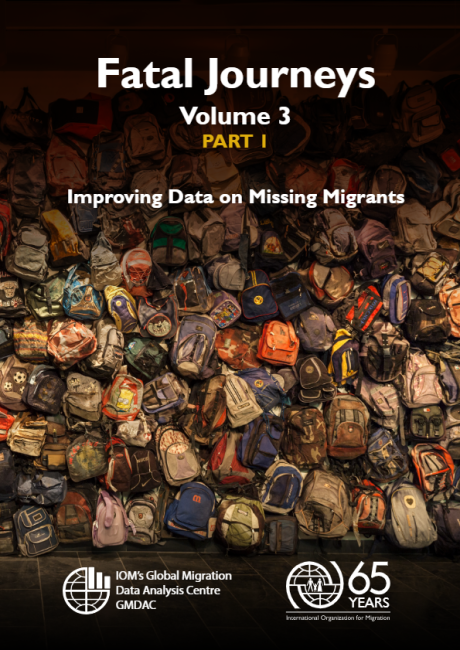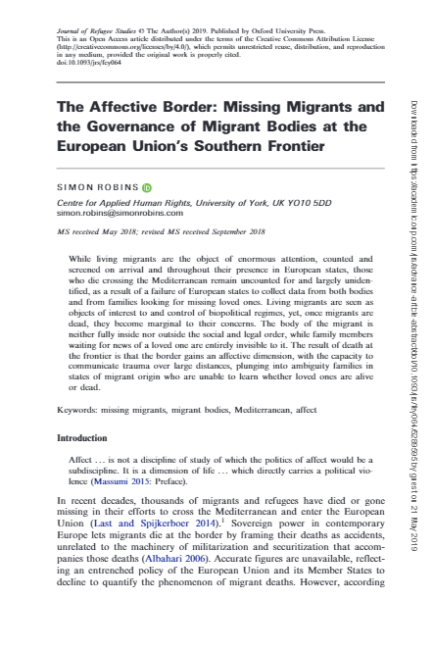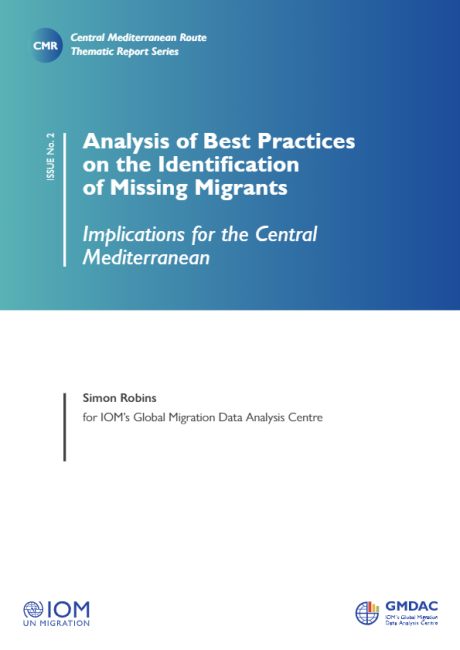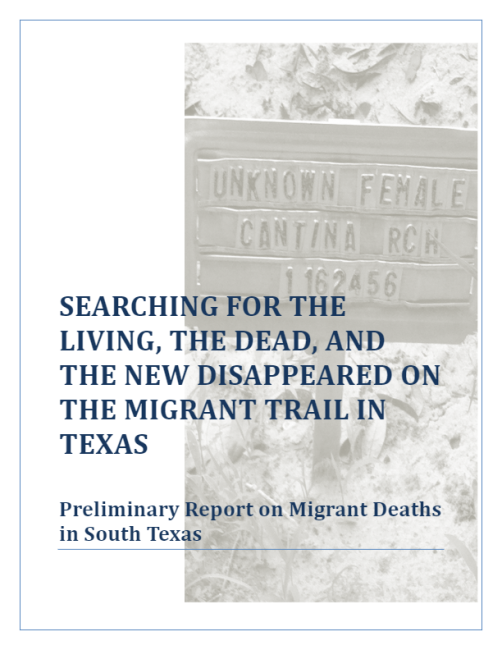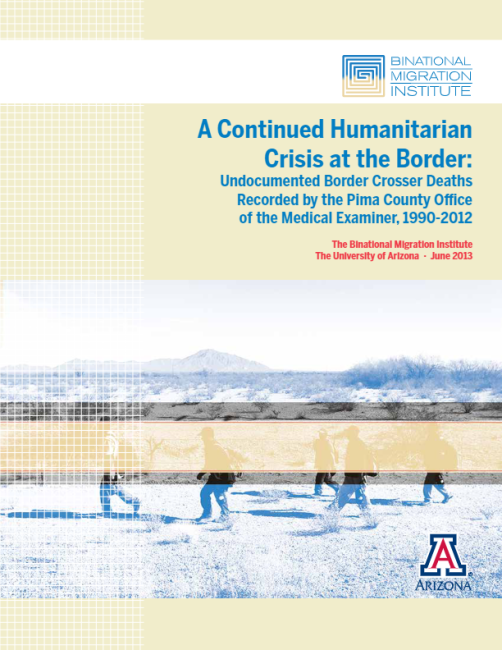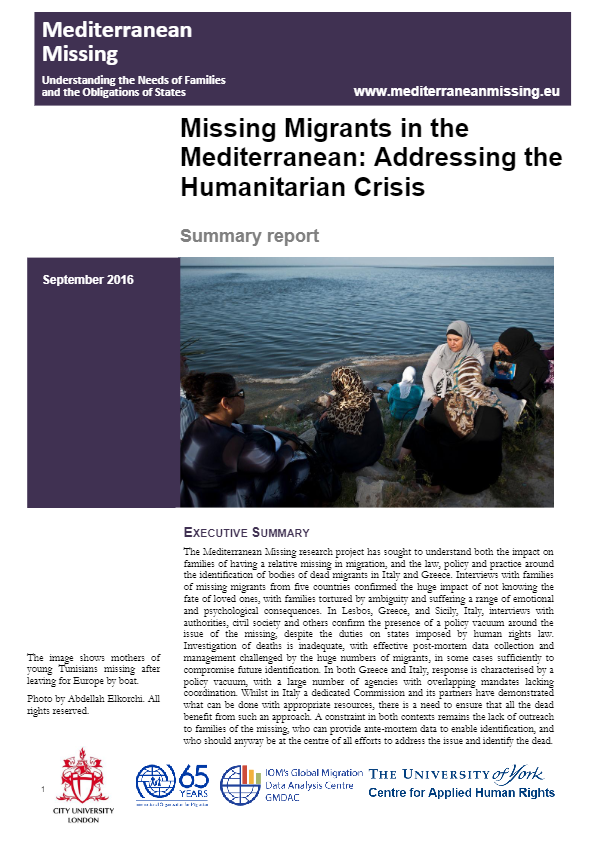
Missing Migrants in the Mediterranean: Addressing the Humanitarian Crisis. Summary Report
The Mediterranean Missing research project has sought to understand both the impact on families of having a relative missing in migration, and the law, policy and practice around the identification of bodies of dead migrants in Italy and Greece. Interviews with families of missing migrants from five nations confirmed the huge impact of not knowing the fate of loved ones, with families tortured by ambiguity and suffering a range of emotional and psychological consequences. In Lesbos, Greece, and Sicily, Italy, interviews with authorities, civil society and others confirm the presence of a policy vacuum around the issue of the missing, despite the duties on states imposed by human rights law. Investigation of deaths is inadequate, with effective post-mortem data collection and management challenged by the huge numbers of migrants, in some cases sufficiently to compromise future identification. In both Greece and Italy, response is characterised by a policy vacuum, with a large number of agencies with overlapping mandates lacking coordination. Whilst in Italy a dedicated Commission and its partners have demonstrated what can be done with appropriate resources, there is a need to ensure that all the dead benefit from such an approach. A constraint in both contexts remains the lack of outreach to families of the missing, who can provide ante-mortem data to enable identification, and who should anyway be at the centre of all efforts to address the issue and identify the dead.


